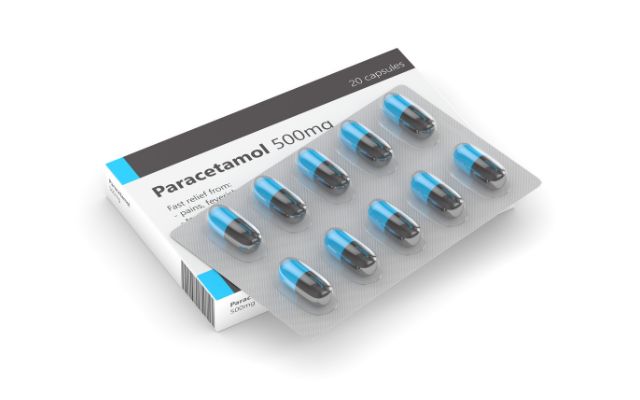
Paracetamol – made from plastic by E.coli
Researchers in Edinburgh say they have discovered a way to use bacteria to convert everyday plastic waste into paracetamol – creating a potential new sustainable manufacturing process not reliant on fossil fuels for raw materials and power.
The team at the University of Edinburgh’s Wallace Lab used genetically reprogrammed E. coli to transform terephthalic acid, a molecule derived from breaking down a common plastic, into acetaminophen, the active ingredient of paracetamol.
Researchers were able to use a fermentation process to accelerate the conversion of the broken down PET plastic waste into paracetamol in less than 24 hours – at room temperature with virtually no carbon emissions.
Principal Investigator, Stephen Wallace, the University of Edinburgh’s Professor of Chemical Biotechnology and UKRI Future Leaders Fellow, says the research is motivated by the twin environmental challenges of fossil-based chemical manufacturing and the growing crisis of plastic waste:
“Most pharmaceuticals, including paracetamol, are currently made using petrochemicals through processes that are energy-intensive and polluting. At the same time, plastic waste continues to accumulate, with much of it ending up in landfill or being incinerated.
“This approach supports the development of a circular bioeconomy – where waste is transformed into useful materials using sustainable, bio-based processes.
“This work demonstrates that PET plastic isn’t just waste or a material destined to become more plastic – it can be transformed by microorganisms into valuable new products, including those with potential for treating disease.”
The team are now looking at how the process can be scaled to produce commercial volumes of paracetamol and the technique has the potential to generate other valuable compounds from waste.
Professor Wallace says the paracetamol result “isn’t a one-off”, and the door is now open to adapt the process to create other raw materials:
“With further genetic modifications, these microbes can be adapted to produce a wide range of valuable compounds from plastic-derived feedstocks.
“In fact, we’ve already engineered bacteria to convert terephthalic acid into vanillin – the main flavour compound in vanilla – and adipic acid which is used in nylon production.
“This demonstrates the flexibility of the system and its potential to be reprogrammed for manufacturing other medicines or industrial chemicals.
“It’s a promising step toward building a circular bioeconomy where waste is a resource for sustainable bioproduction.”
The plastic to paracetamol research, published in Nature Chemistry, was funded by an EPSRC-CASE award and biopharmaceutical company AstraZeneca, supported by the University’s commercialisation service, Edinburgh Innovations (EI).
Head of Consultancy at EI, Ian Hatch, says he hopes other companies will get involved:
“We are bringing in exceptional companies like AstraZeneca to work with Stephen and others at the University to translate these cutting-edge discoveries into world-changing innovations.
“Engineering biology offers immense potential to disrupt our reliance on fossil fuels, build a circular economy and create sustainable chemicals and materials, and we would invite potential collaborators to get in touch.”
Image: © Aleksandra Gigowska Adobe Stock